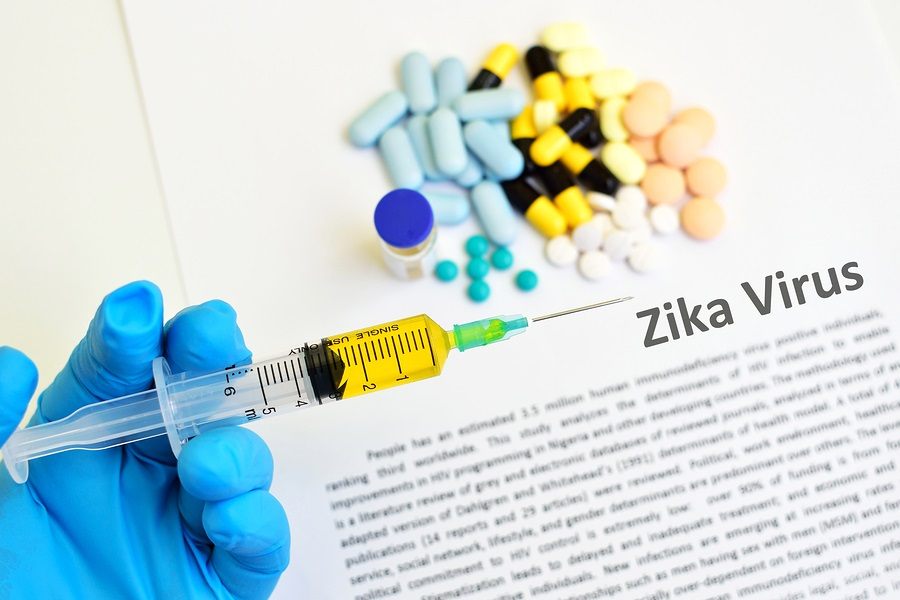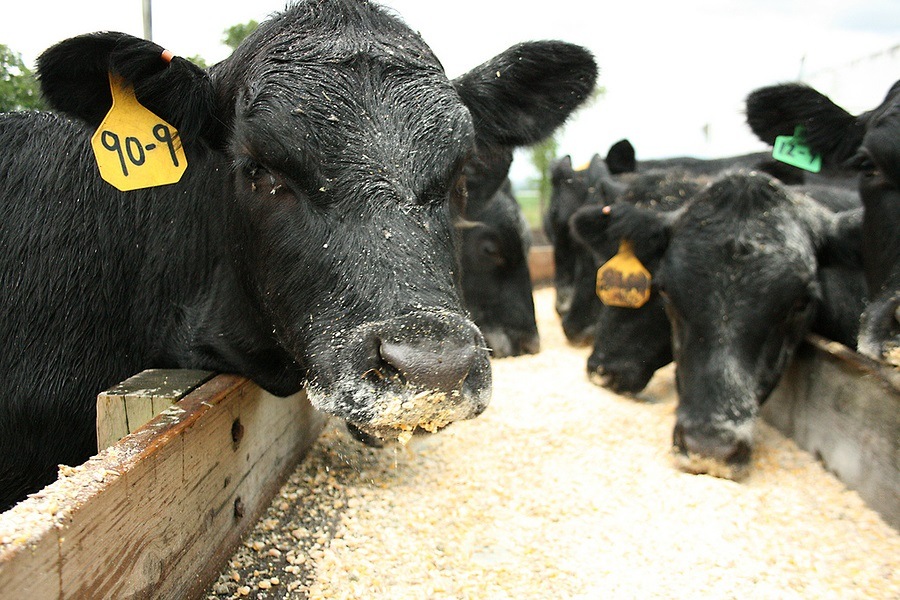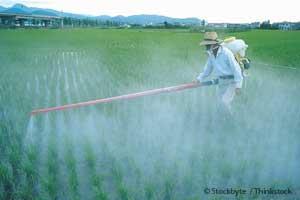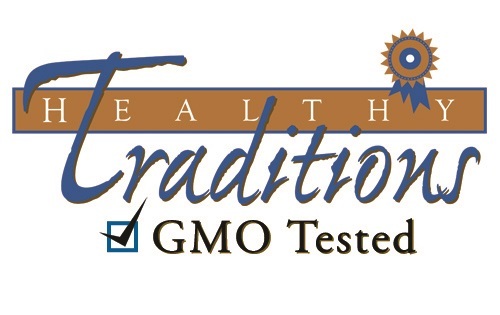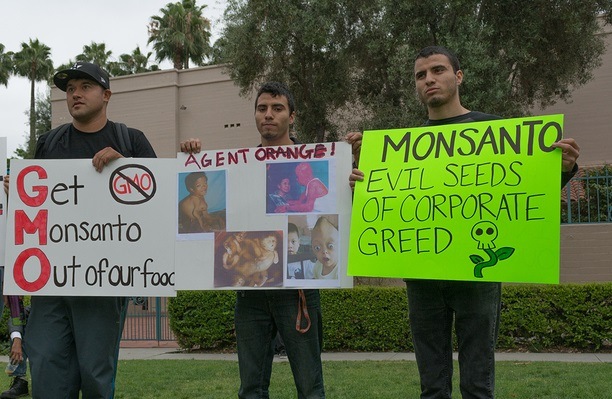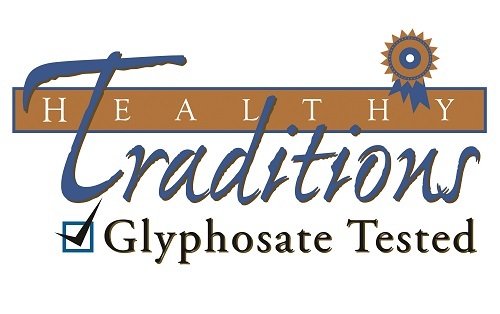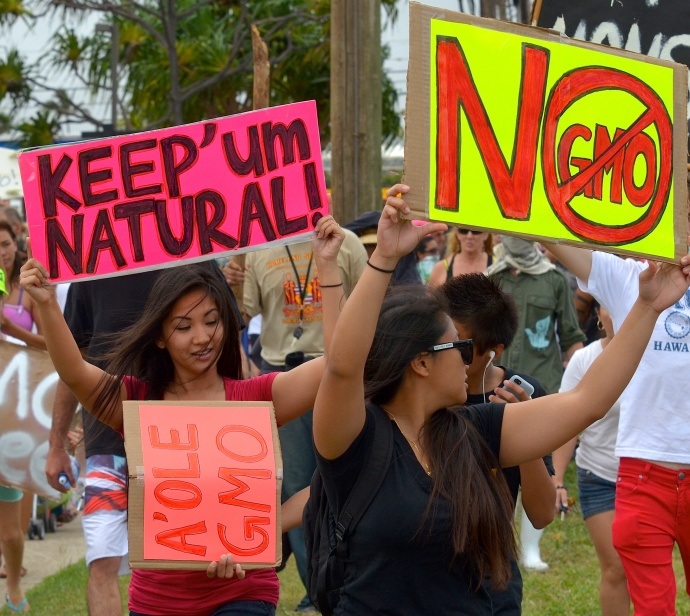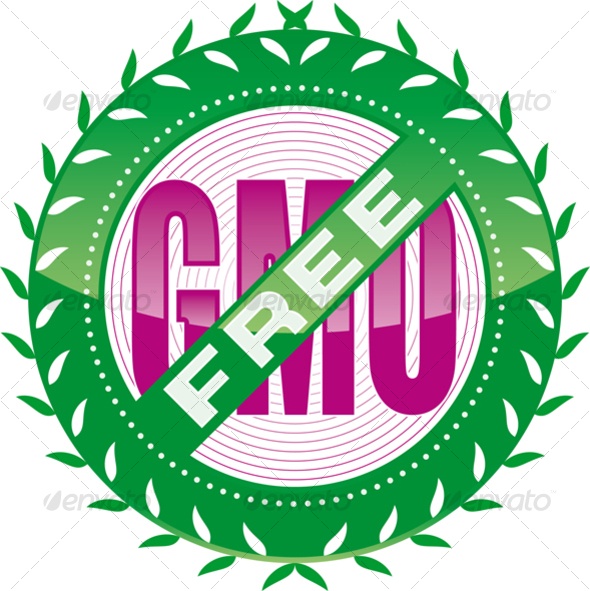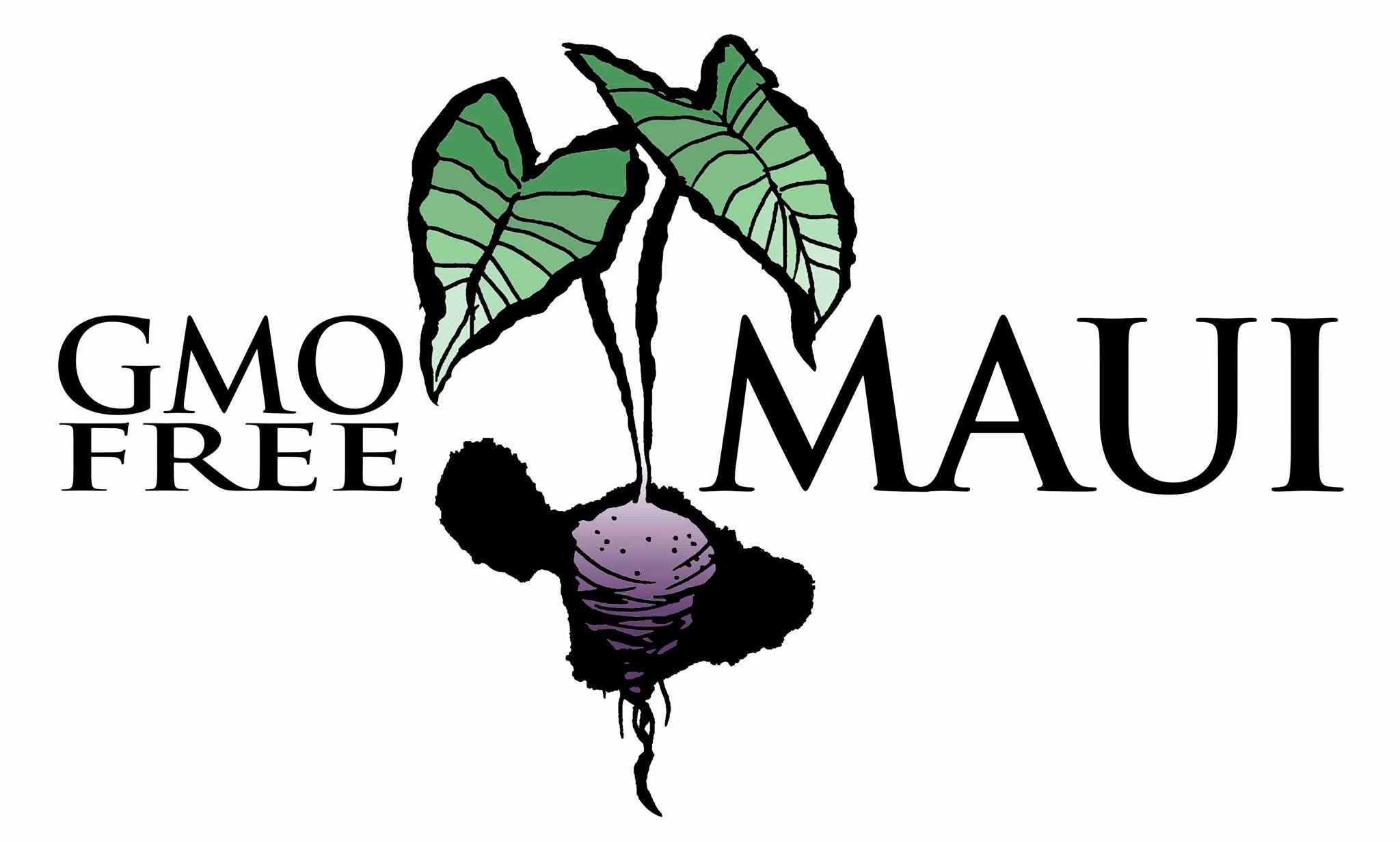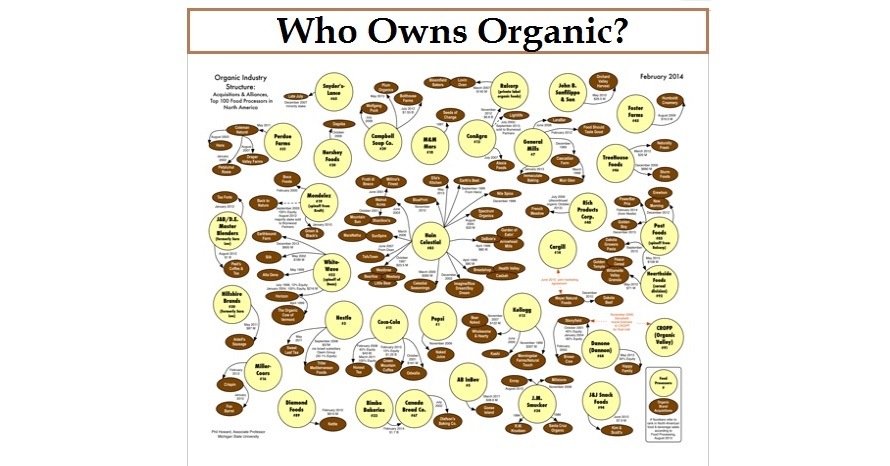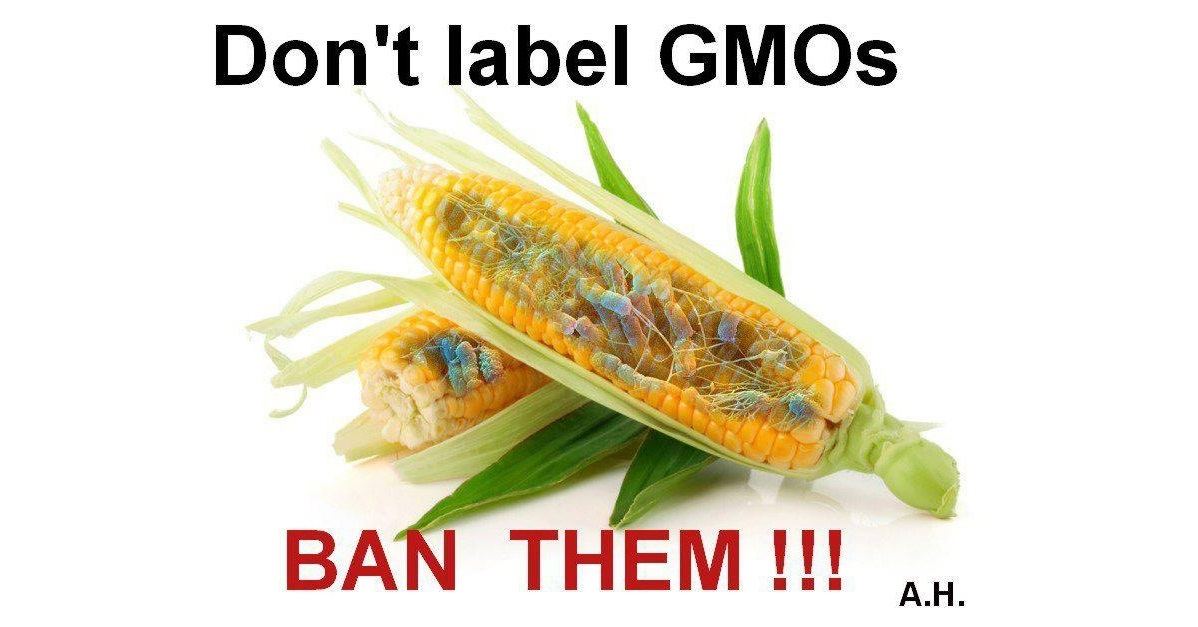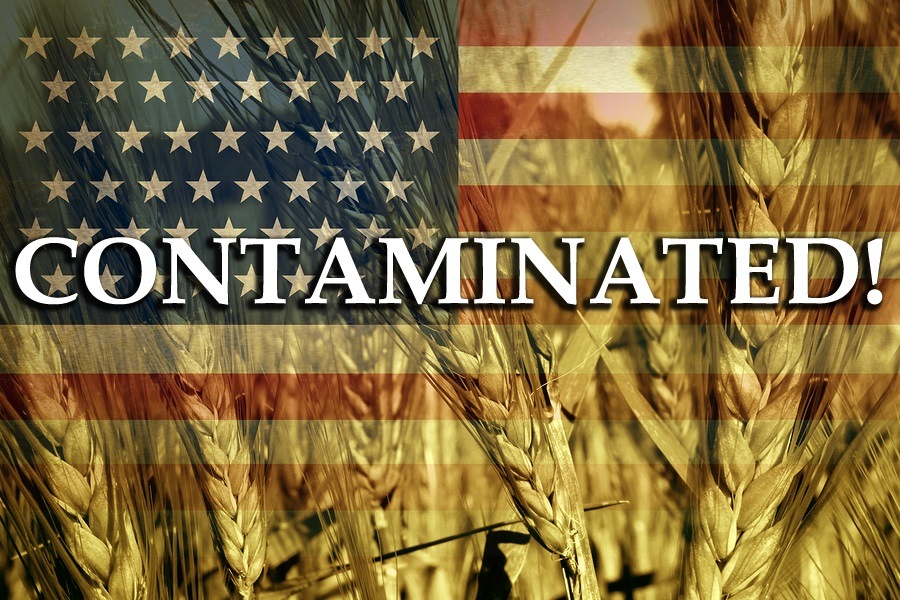In 1997, Gottfried Glöckner, an award-winning dairy farmer in Germany, became the first farmer to grow and feed Bt176 corn to his prized Holstein cows. The test continued until 2002.
According to Séralini, this was the longest running and most detailed observation of farm animals ever performed for a GE crop.
Since 1986, when Glöckner took over the farm, he’d had no cases of serious disease on his farm. That all changed once he started feeding his cows Bt176 in 1997.
As Glöckner increased the amount of Bt176 corn in the cows’ feed, gradually going from 2 to 40 percent over the course of two years, the worse his cows fared. At the outset, 70 percent of his cows produced high yields of milk, which is considered normal.
Once the GMO content of the feed reached 40 percent, a mere 40 percent of his cows were high-yielding. In 2000, milk tested positive for the Bt176 DNA specific fragment, which under European law meant the milk had to be labeled as coming from GE-fed animals.
Peak mortality was reached in 2002, when 10 percent of his cows died after suffering a long period of partial paralysis. Thirty percent of the herd was sick with a variety of ailments.




